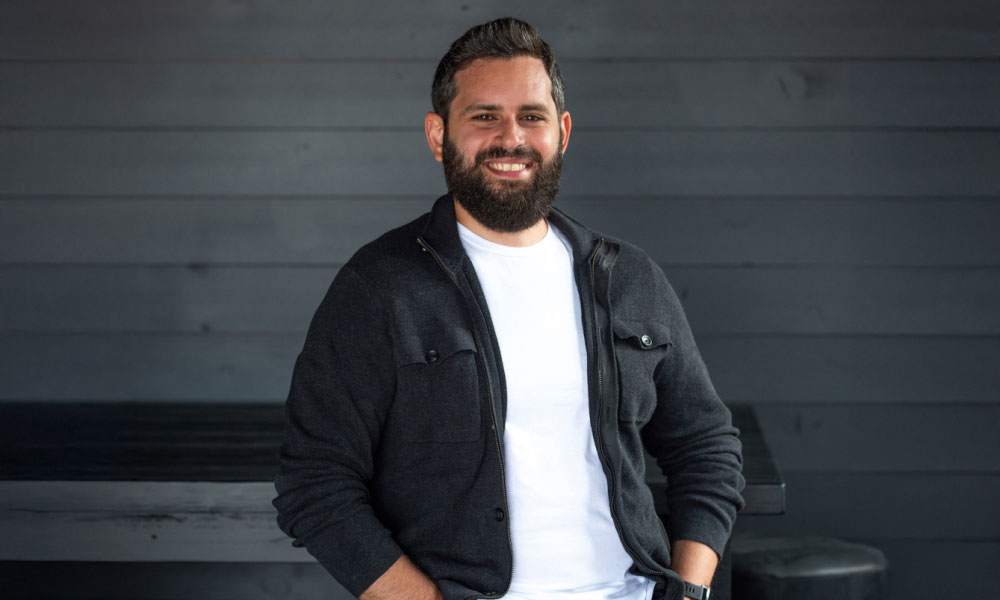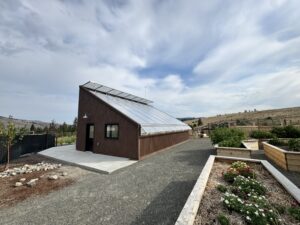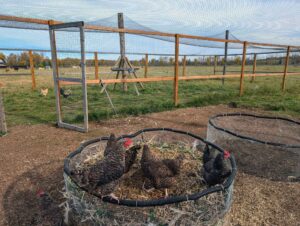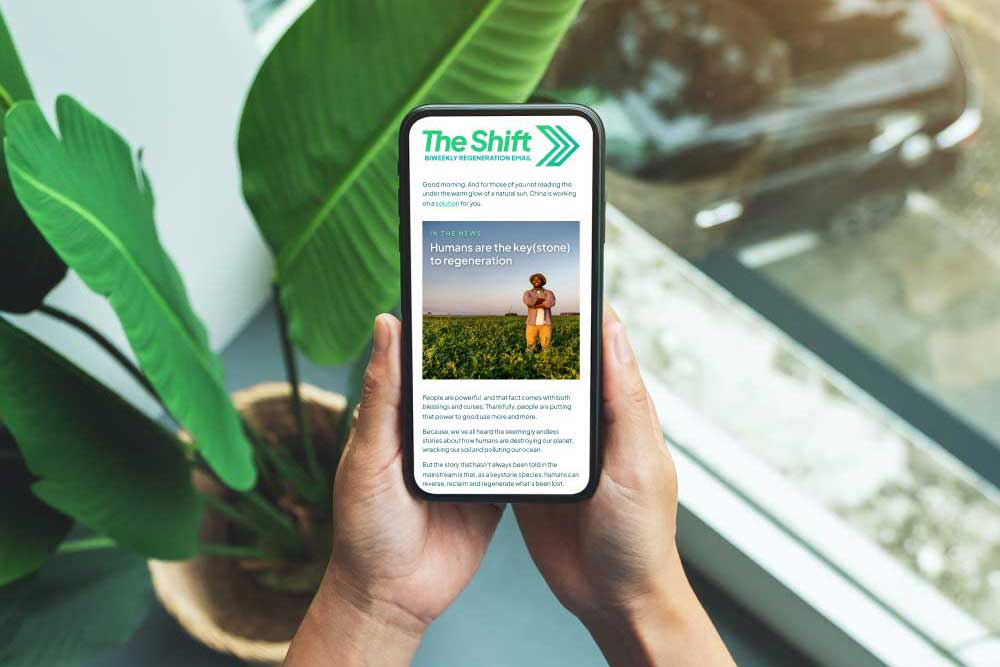What does 5th World do? What does regenerative living really mean? And, how can technology, nature, and humanity collaborate for a net-positive future?
We explore it all in this new series of interviews with our CEO, Marc Ziade.
Read Part Two here.
What is your background and education?
Marc: “I studied computer engineering in university. In the beginning of my career, I worked on a lot of projects related to renewable energy strategies. I did the smart grid strategy for the government of Dubai; it was about automating the whole power grid and integrating distributed energy systems into it, like solar and wind.
I was looking to do an MBA, so I moved to New York City and joined the Columbia Business School. As part of that move, I wanted to explore the startup route, and specifically, blockchain technology. I visited a crypto company called ConsenSys and met its CEO, Joe Lubin. I wanted to be involved, and worked part-time while I completed my MBA. Once I finished my MBA I joined full-time and ran ConsenSys Labs, which was an incubator for blockchain products that people use today, like MetaMask.
After four years at ConsenSys, I joined an electric mobility startup looking to expand into the U.S. market, starting from New York. The company designed and manufactured what we call ‘light electric vehicles,’ so electric scooters, bikes, trikes, and trailers. Then, they leased them out or sold them to delivery companies. Throughout that time I stayed in touch with Joe. I really wanted to do something at the intersection of crypto and sustainability, because I kept oscillating between those two industries since I started my career.”
How did you conceive of 5th World?
Marc: “Joe’s brother, Dave Needham, was buying a ranch in British Columbia and was thinking through how to implement resilient and distributed food systems on this property. Around that time, Joe and Dave met up with Rob Avis, who is pretty well-known in this space in Canada. And Rob started advising Dave on what to do with his property. This evolved into the three of them thinking, ‘Okay, is there a potential business here?’ And, ‘can we combine it with crypto?’ During that time, Joe and I were also talking, so we ended up merging those conversations and ideating as a group. In the end, Rob and I began working closely together on the concept.
We agreed that we rely on too many centralized systems across the board. I asked Rob to tell me more about permaculture and I told him more about crypto. And we identified a common thread: Crypto is about self-custody and decentralization of bits (digital assets and data), and permaculture is about self-custody and decentralization of the physical (food, water, energy, etc.). Both permaculture and crypto communities believe that self-custody and decentralization will lead to resilient and net-positive infrastructure.
So we thought, ‘Why are we not doing that? Why are we not helping people adopt distributed, regenerative food, water, and energy systems at the level of their communities, households, etc.?’ The realization was that we need to bring regeneration into our daily lives, and think through how to change a lot of the systems we rely on today so that we become resilient and net-positive to nature.”
In our next article, we learn how Marc is turning this novel concept into a suite of tangible products and services at 5th World. Stay tuned!





